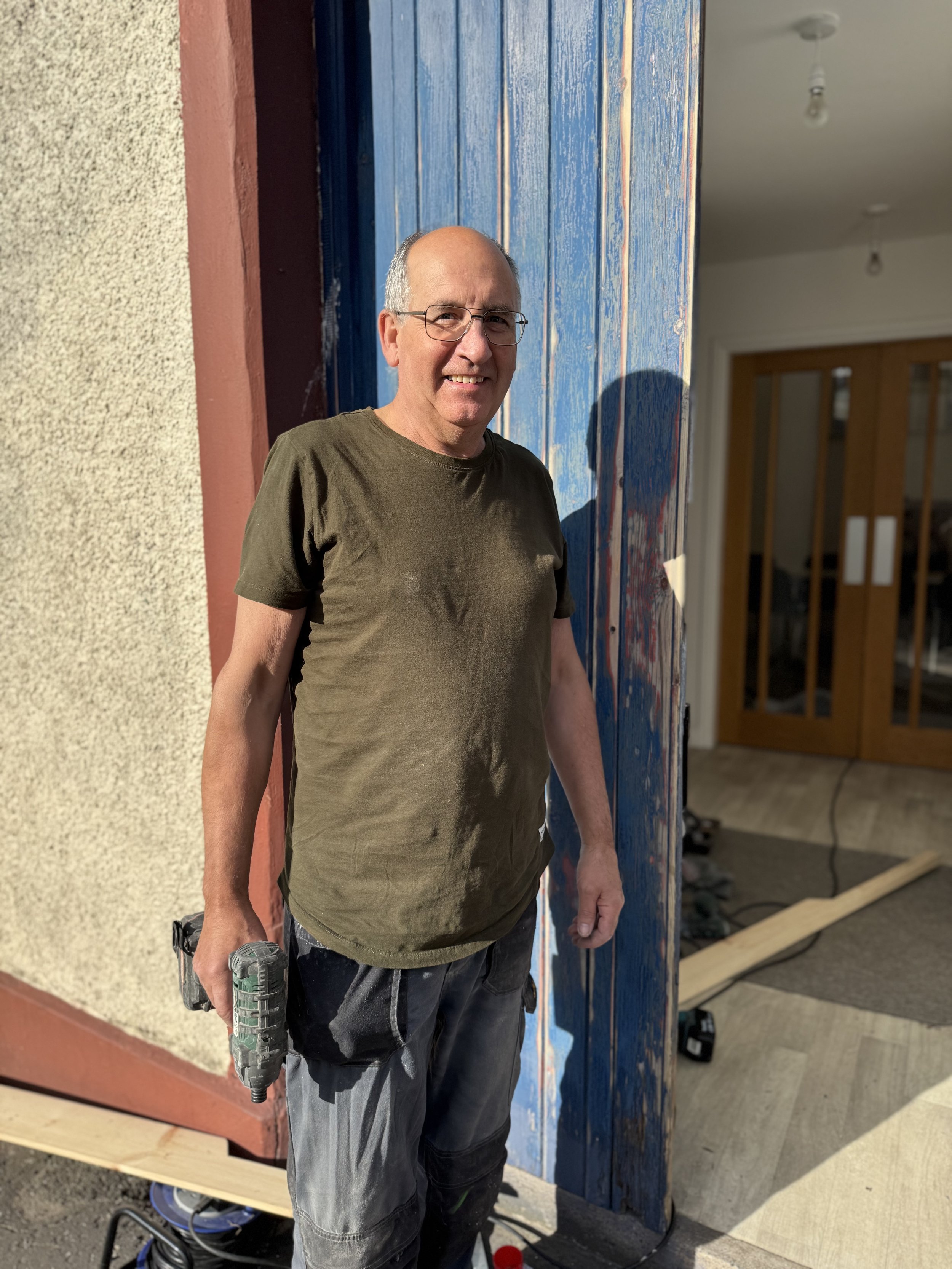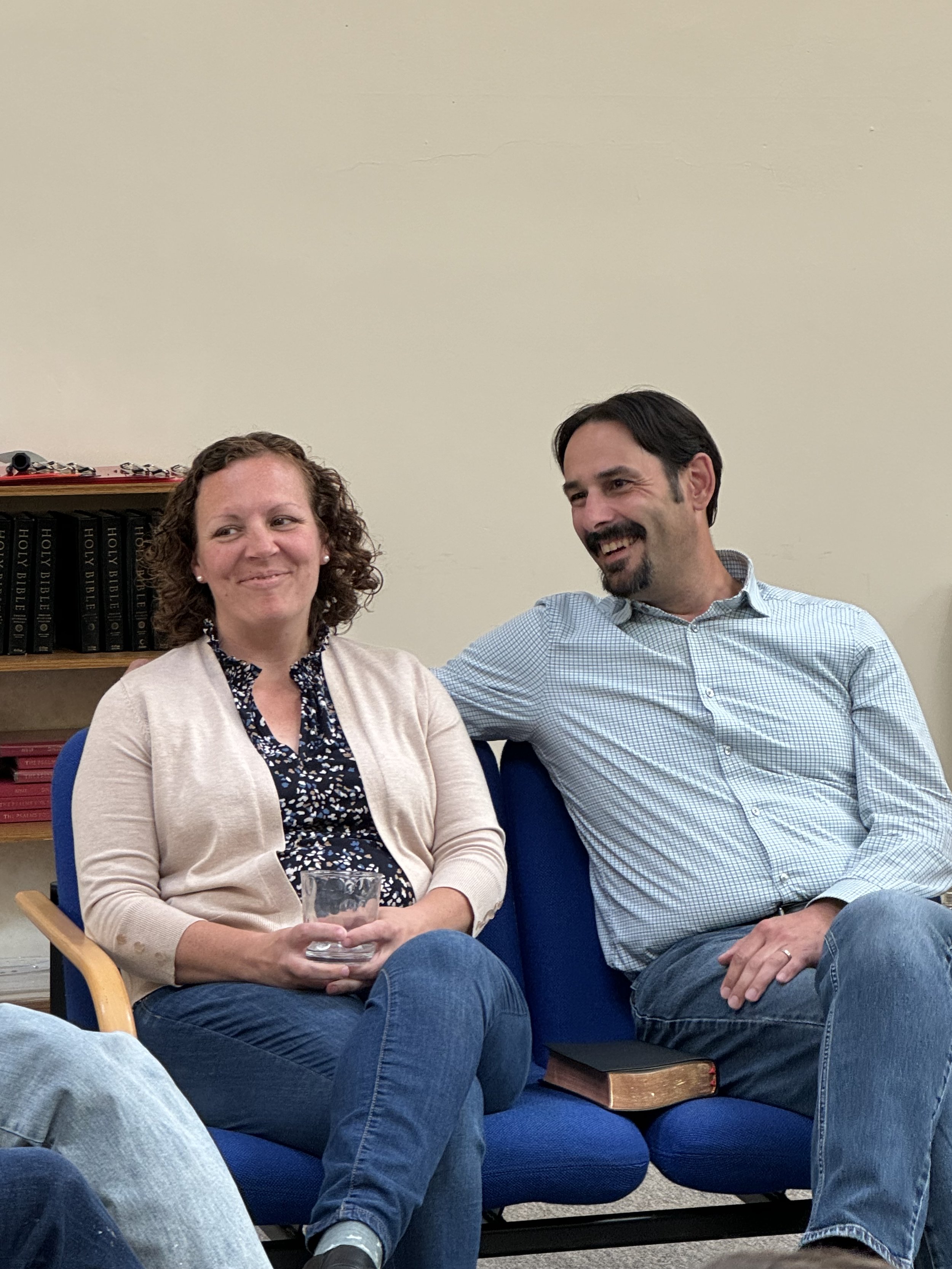During the first week of the school holidays we are hosting a Superhero-themed Holiday Bible Club: ~ Games ~ Snacks ~ Bible stories ~ Crafts ~ Free entry ~
Let’s not fix the NHS by killing the patients
The NHS is 76 years old – and crumbling. How can waiting lists be cut, and the whole system made more efficient? As someone who has been on a waiting list since January, I have more than just a theoretical interest in the question. Wouldn’t the whole thing be a lot more efficient if there were less people in the system? One shortcut to achieving that may turn out to be ‘assisted dying’. Liam McArthur MSP introduced such a bill here in March, which will be discussed soon. South of the border, Keir Starmer seems ready to fast-track a similar one through the Commons. It would give adults who are terminally ill, with a life expectancy of less than six months, an option to end their lives with medical assistance.
Starmer is ’personally committed’ to changing the law and voted to do so in 2015. Other key figures in his party are less sure. The justice secretary, Shabana Mahmood, has said it is a dangerous ideas which she couldn’t back. According to a 2020 British Medical Association survey, only 10 percent of palliative care doctors would prescribe drugs to assist suicide, while 76 percent would not. The 2,500-year-old Hippocratic Oath – long considered the gold standard of medical ethics – contains the pledge: ‘Neither will I administer a poison to anybody when asked to do so, nor will I suggest such a course’. It certainly seems ironic that, just a few years after the world shut down to protect the vulnerable, medics could be given authority to help end the lives of some of the same people.
It can’t be denied that the end of some lives causes intense distress both for the individual and their family. Change certainly seems to be in the air. The Royal College of Physicians ended its opposition to changing the law in 2019, with the British Medical Association following suit in 2021. The Royal College of Surgeons of England moved to a neutral position in 2023.
So what objection can there be to letting people end their suffering?
One obvious one is the pressure it would put on the vulnerable and unsure to end their own lives. There’s the danger of pressure from unscrupulous relatives or those who can’t bear the suffering of their loved one. The terminally ill patient may be frightened of becoming a burden on their family. A desire to ‘Protect the NHS’ may lead to the frail and elderly sacrificing themselves to the great national healthcare god. In Oregon, 50% of those who chose assisted suicide in 2019 cited ‘being a burden on family, friends or caregivers’. Significantly fewer – 33% - gave ‘Inadequate pain control’ as a reason to end their life. Writing in the Times, Matthew Parris suggest this is a good thing: ‘“Your time is up” will never be an order, but may one day be the kind of unspoken hint that everybody understands’.
Another objection is what has happened in other countries. In short there is no country that has gone down this road that has not either relaxed, or faced pressure to relax, its criteria. In Canada, Physician-Associated Euthanasia (PAE) has been legal since 2016. Initially it was for those over 18 with a ‘grievous and irremediable medical condition…with death reasonably foreseeable’. In 2019, the Superior Court of Quebec ruled that it was unconstitutional to restrict access only to those at the end of life. In 2027 it will be widened out to include anyone with a mental illness. Cancer patients are encouraged to go down the assisted dying route rather than have treatment that might prolong a good quality of life. In the Netherlands, euthanasia with parental consent is allowed for children with life threatening conditions over the age of 12 years and under the age of 1.
The biggest objection, however, is that life is not ours to take. An article in ‘The Bulletin of the Royal College of Surgeons of England’ states that ‘If a clinician did not create a life, it may be difficult for them to feel comfortable ending it’. Why is assisting suicide illegal in our country? Surely it stems from a belief that human beings are made in the image of God – or at least a sense that we are somehow different from animals. That doesn’t mean that Christians don’t pray at times for God to take them home to Heaven – but ultimately we do not give ourselves life and so have no right to take it. Our times are in his hands.
Published in the Stranraer & Wigtownshire Free Press, 3rd October 2024.
GO Relief Team
In September we hosted a long-awaited GO Relief Team in Stranraer! The Relief Committee of the RPCI send annual teams to do practical work for churches, mission situations, etc. Two men from the Relief Committee visited Stranraer in May 2023 to see some of the work that was needing done to the church and manse (both listed buildings). It was arranged that a team would come after the new windows were put in the church, which meant a delay of over a year due to the need to wait for planning permission. A 10-person team came during what turned out to be the best weather of the summer. The team did plastering where the new windows had been put in, painted the outside of the building, restored the rotting doors, turned the old session room into a minister’s study, turned an old kitchen into a creche/cry room, laid a new floor in the manse living room, and much more.
We are overwhelmed with thanksgiving for the work that has been done, and pray that the work that has done might spark peoples’ curiosity to come in and hear the gospel preached.
Firm Foundations 2024
In June, we hosted our third Firm Foundations weekend.
Noah Bailey, pastor of First RP Church in Cambridge, Massachusetts, spoke on The Westminster Confession: Its Story & Structure, and New Testament Baptism: Treating Believers’ Children Like Jesus’ Disciples.
9 young people, from Scotland, England and Ireland, were present for the full weekend, with another family from our region joining us on the Saturday. There were also a number of Question & Answer sessions.
You can watch videos of the talks below:
Pride, Apostasy, and Finding our Identity
Which religion has more holy days than the Catholic Church? According to secular lesbian feminist Kathleen Stock OBE it is the ‘increasingly empty religion’ of Pride. Writing in the Times at the beginning of Pride Month in June, Stock noted that with its dedicated days, crusader pennants, mystical symbols and elaborate robes, the religious nature of Pride is hard to miss.
Religions have their apostates and heretics – those who once believed, or whose beliefs are deemed unacceptable by their community. Stock, formerly Professor of Philosophy in Sussex, is one of these – a lesbian herself, but now a persona non-gratia in the LGBT community. Those like her are ‘ideologically excluded’ from the Pride movement ‘because of their “antiquated” beliefs about the importance of biological sex to the definition of sexual orientation’.
Concerns from such ‘heretics and apostates’ have only grown since the publication of the Cass Review into gender identity services in England was published in April. In her review of NHS services, Dr Hilary Cass noted that what would have been ‘considered normal clinical practice when working with other groups of children and young people’ risked attracting allegations of ‘conversion practice’ when it came to transgenderism.
Addressing young people directly, she said: ‘I have been disappointed by the lack of evidence on the long-term impact of taking hormones from an early age; research has let us all down, most importantly you’. While ‘tragically deaths by suicide in trans people of all ages continue to be above the national average, there is no evidence that gender-affirmative treatments reduce this’.
She also noted that ‘there are few other areas of healthcare where professionals are so afraid to openly discuss their views, where people are vilified on social media, and where name-calling echoes the worst bullying behaviour’.
Are those who share such concerns welcome at Pride marches? The organisers of Pride in London have made clear they are not. In 2018, a group of women carrying placards such as ‘lesbian = female homosexual’ were denounced by the march’s organisers as ‘shocking and disgusting’, and demonstrating ‘a level of bigotry, ignorance and hate that is unacceptable’.
This, combined with the ‘sausage fest’ (Stock’s phrase) nature of Pride events means that ‘while straight women seem to treat the day as a kind of thrillingly exotic safari, lesbians, especially those with children, can get quite jaded by the outrageousness and kink’.
Like any religion, there will also be those who try to exploit such movements for their own purposes. Stephen Ireland, the founder of Pride in Surrey – and patron of a now-defunct government-funded gender identity group – was remanded in custody last month facing multiple counts of child sex abuse.
Above all, Pride comes closest to a religion in its desire to proclaim what defines us. As a pastor, however, I find its definition too narrow. I want to be free to refuse to define people by their sexual orientation. Our sexuality is a God-given component of who we are – but it is to limit human dignity to define us by it.
There’s nothing new here. From the beginning of time, human beings have tried to find our identity in things which aren’t of ultimate significance: work, reputation, money, success, sport, health, a relationship, children, politics, good deeds.
None of these things are wrong in and of themselves, but they are too small to build our identity on. They can’t bear the weight of all our hopes and dreams. Rather, they will collapse under that weight and crush us with them. If work is our identity, what happens when we lose our job, or retire? If our children become our identity, what happens when they disappoint us – or no longer have time for us?
How then should we define ourselves? Simply as human beings made in the image of God. Rather than looking to created things for meaning and significance, we should look to the Creator.
Doing so takes courage as it will reveal areas in which we fall short of his good design for our lives. But only by doing so will we be ready to hear the hope of the gospel. That hope is found in the one person who never put his trust in created things – Jesus Christ. And yet in the end he was crushed – not by putting his identity in the wrong thing – but by God himself.
Why? So that we might not be.
‘He was crushed for our iniquities;
upon him was the chastisement that brought us peace,
and with his wounds we are healed’.
Published in the Stranraer & Wigtownshire Free Press, 5th September 2024













